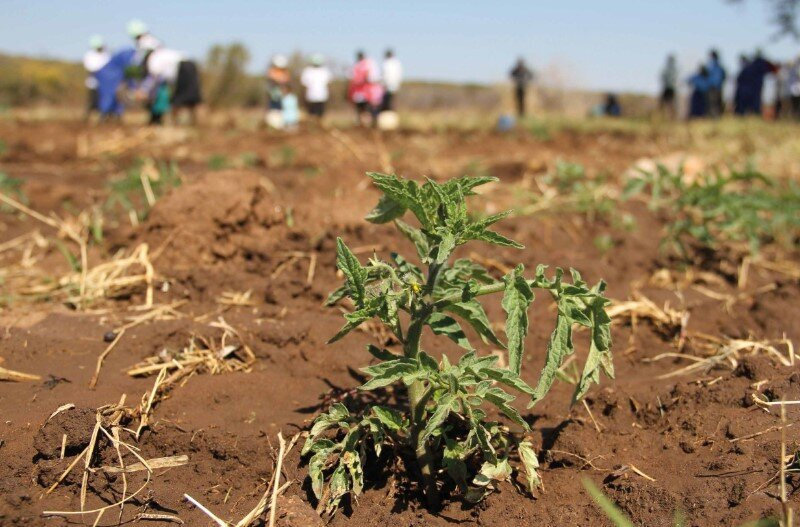IFRC allocates $850,000 to help Iran combat drought

The budget will be solely spent on projects which have been approved by the IFRC, Hassan Esfandiar, an official with the Iranian Red Crescent Society, told IRNA on Saturday.
The funding will be channeled through to the provinces of Hormozgan, Sistan-Baluchestan, Kerman, and South Khorasan, which have been affected the most by drought, he explained.
In addition to drought, the fifth wave of coronavirus and the inflow of Afghan refugees has exacerbated living conditions in the mentioned regions, he added.
On August 24, the IRCS started a campaign for the fourth time with the aim of providing sustainable water in four provinces suffering from drought.
The long-standing 20-year-old drought in the region is forcing many to have to provide their water from tank trucks delivering water to the areas.
The campaign, called Nazr-e Ab (literally meaning water donation), was launched three years ago, following the drought crisis in the southern and southeastern provinces of the country, with the aim of supplying fresh water to deprived areas with the help of the people and the IRCS.
It was first held in August 2018, in the southeastern province of Sistan-Baluchestan which went into trouble after the Hamoun wetland drained and the rainless sky left many in dire need of drinking water.
The campaign has two main aspects; the first one centers on water supply issues including desalination of water, rehabilitation of qanats, improving wells and water quality, filtering and sanitation of reservoirs. And the second aspect focuses on health issues including health care services, free diagnosis, and providing food packages to the deprived.
Through the fourth phase of the campaign, water supply operations will be carried out in 333 villages of Sistan-Baluchestan, South Khorasan, Kerman, and Hormozgan provinces by September 22.
Last year, the campaign was launched with a budget of 120 billion rials (nearly $2.8 million at the official rate of 42,000 rials).
In April, Abolghasem Hosseinpour, director of flood control at Forests, Rangelands, and Watershed Management Organization, said that Iran will probably experience drought over the current [Iranian calendar] year (began on March 21), as only four provinces out of 31 provinces of the country received normal rainfall last year.
Given that Iran is an arid and semi-arid region, the rainfall rate is low, in other words, the fluctuations of rainfall vary significantly from year to year, he added.
Over the last two years, Iran was doused with rain which was unprecedented during the past 50 years, but last year, the country faced drought, which shows a 40 percent decrease in rainfall, he explained.
Watershed management is a solution to strengthen the ecosystem in the face of subsequent droughts by penetrating rainfall into the ground.
According to the World Meteorological Organization's multiannual forecast, in the next five years, Iran’s average rainfall will decline by 75 percent, and the temperature rises by 50-75 percent compared to the long-term average.
Source: Tehran Times

